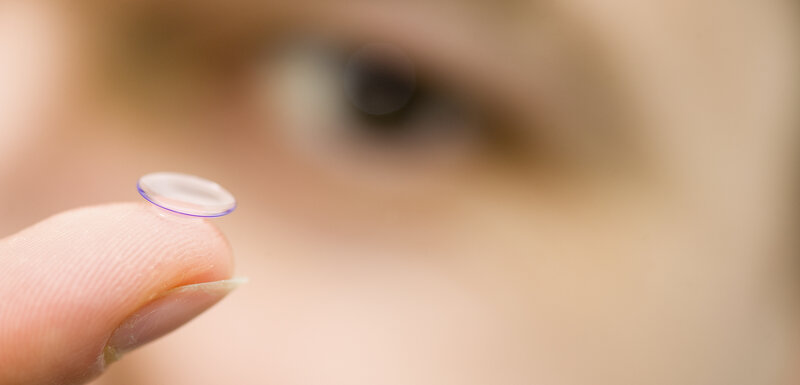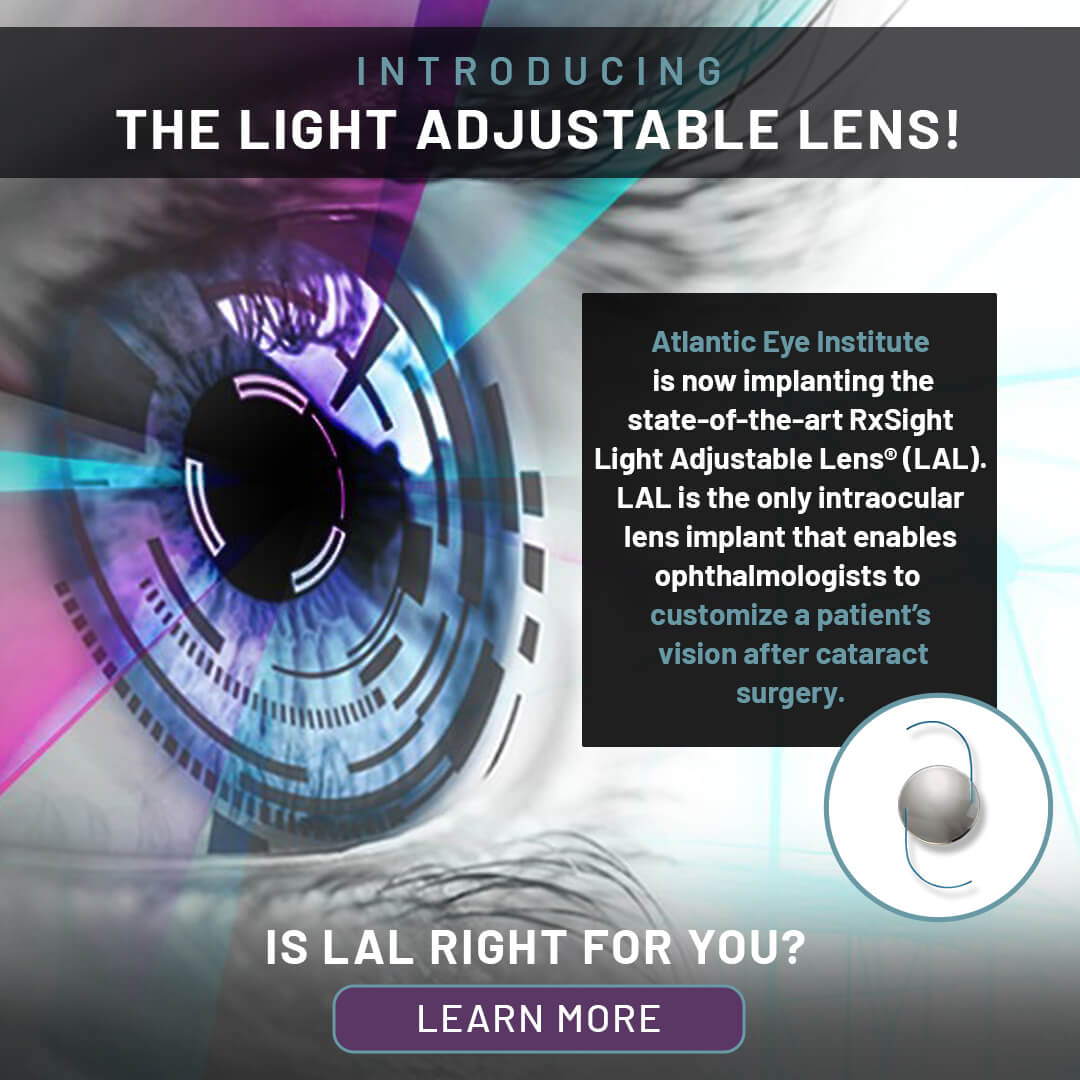There’s nothing worse than experiencing pain, scratching, burning, or other discomforts while wearing contact lenses. It’s especially frustrating if you’re driving, at work, or attending an event where cleaning or changing them is difficult.
8 Common Reasons For Painful Or Uncomfortable Contacts
Here are some of the most common reasons your contact lenses hurt.
If you are 100% sure you’re cleaning and caring for them correctly, try switching to glasses for a couple of weeks to give your eyes a break. If you don’t feel relief within one or two days, contact your optometrist to schedule an appointment.
Improper contact lens cleaning or care can make contact lenses hurt
Initially, most patients are meticulous about following their contact lens cleaning and care instructions. However, after a while, people become so used to wearing contacts that they start to form bad habits.
Re-read your contact lens cleaning and care instructions to begin following them to the letter. We also recommend the following:
- Not sleeping in contact lenses (even if you have in the past) in case your eyes have developed a sensitivity.
- Switching to a preservative-free contact lens solution.
- Ensure you’re washing and rinsing your hands with soap and water before cleaning your lenses, inserting them, or removing them.
Feel like you’re still taking great care of your lenses? Then, let’s continue on…
Your makeup could be a culprit
We know you may feel naked without your eye makeup. However, it doesn’t take much to create a scratchy sensation that can lead to actual scratching of the outer eye membrane (sclera) or the cornea. Even the tiniest flakes of eyeshadow, eyeliner, or mascara can wreak havoc. Old eye makeup could also be a factor as it is more likely to harbor bacteria, leading to eye irritation or a full-blown infection.
There is a direct correlation between eye makeup and eye health. If you wear eye makeup with contacts:
- Switch to products that advertise they’re made for sensitive eyes or “hypoallergenic.”
- NEVER share eye makeup with anyone, including family members or close friends.
- Replace eye makeup that is six months old or more.
- Always remove eye makeup before going to bed.
Something is or was trapped under the lens
There’s a chance a small particle is trapped between your lens and the eye. Rather than using eye drops, remove your lenses and rewash them. Artificial tears or saline solution to bathe the eye. Don’t ignore or try to “suffer” the discomfort, as trapped particles can lead to a painful cornea.
If your eyes feel fine or notably less irritated after this, odds are there was something trapped against the eye. Try the freshly cleaned lenses or, better yet, insert a brand new pair from an unopened package. If the irritation starts all over again, give your eyes a break from contacts and schedule an appointment with your optometrist.
Scratched sclera or cornea
We mentioned this possibility above. However, if your eye membrane or cornea or scratched, it will definitely make contact lenses hurt. And while your eye may only feel a minor irritation without contacts, the contact lenses make an existing scratch feel worse.
Minor scratches usually heal on their own with rest (i.e. no contacts for a week or two) and frequent lubrication from preservative-free artificial tears. Warm compresses are also soothing. Also, resist the urge to rub your eyes, as that makes scratches worse. Contact your optometrist if you don’t feel relief in 48 to 72 hours.
You’ve developed dry eye
Optometrists worldwide are seeing increasing cases of dry eye, largely due to how we spend so much time in front of screens both at home and at work. You don’t blink as often as you should when staring at a screen (hence the 20:20:20 rule!). That leads to chronically dry eyes, which become red, irritated, scratchy, or downright painful.
People who wear contacts have higher chances of developing dry eye. Women are also more prone to developing dry eyes after menopause. If you notice dry eye symptoms, try using preservative-free artificial tears regularly to see if that helps. In most cases, we recommend wearing glasses whenever you’re at home or in places where you don’t care as much about wearing eyeglasses instead of contacts.
Environmental factors (AC/Heat, pollutants, allergy season, etc.)
Could your environment may also be a reason your contact lenses hurt? Contact lenses exacerbate even the slightest eye irritation. Here are some environmental factors affecting contact lens wearers:
- High use of A/C or heat dries the air out in cars and buildings (consider using a portable humidifier)
- Seasonal or other allergies
- Exposure to fumes or other contaminants
- Stirred up debris (even micro-particles) from wind, leaf blowers, yard work, heavy house cleaning, etc.
Again, giving your eyes a break from contact lenses and using lubricating eye drops is a good first step. If you are 100% sure you have allergies, give your eyes a week or two off from glasses, and use eye drops designed to reduce allergy-related redness, irritation, and inflammation.
Eye infection
It could be that you have an eye infection. Bacteria and viruses cause most eye infections, but fungal infections are also possible. Eye infections are highly contagious, so contact your physician or optometrist ASAP for accurate diagnosis and treatment.
If you suspect you have an eye infection, remove and discard those lenses. Do not wear contacts again until you’ve been examined or they can worsen the infection. If you have diabetes or another medical condition making you more prone to infection, be extra cautious as eye infections develop faster and into more severe cases without proper attention.
Poor contact lens fit
Contacts are not a “one size fits all” situation. We fit contacts, particularly hard or specialized lenses, to accommodate the size and shape of the eye’s surface. It could be that your contacts are no longer a good fit, in which case you need a new prescription.
Do Your Contact Lenses Hurt? Schedule An Appointment At Atlantic Eye Institute
The eyes are one of the most sensitive organs in the body. Small irritations grow dramatically more severe if you don’t get the right treatment. If your contact lenses hurt or cause discomfort, contact Atlantic Eye Institute, at (904) 241-7865, and schedule an appointment. We’ll have your eyes feeling back to normal as quickly as possible.

